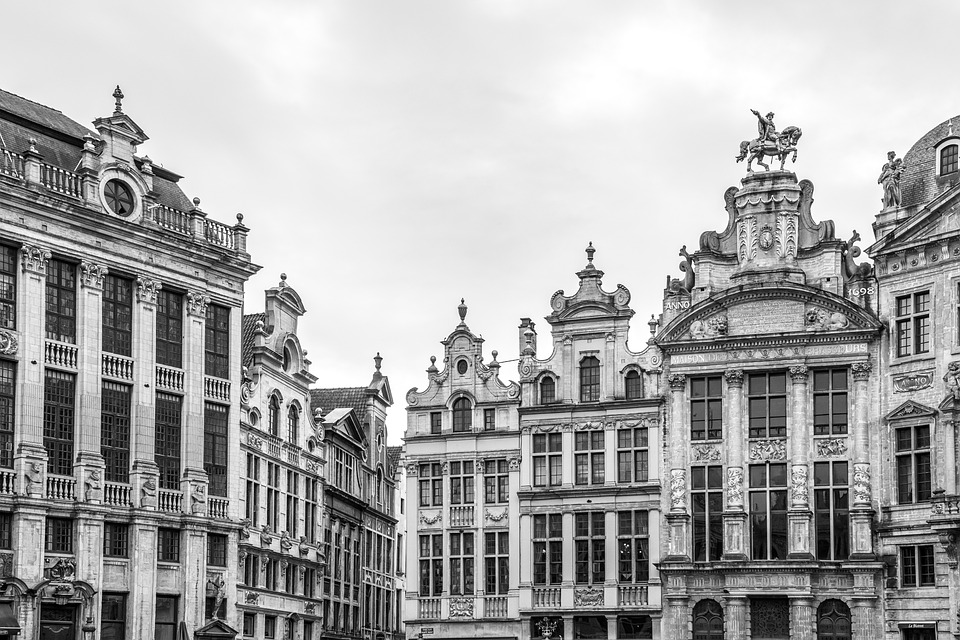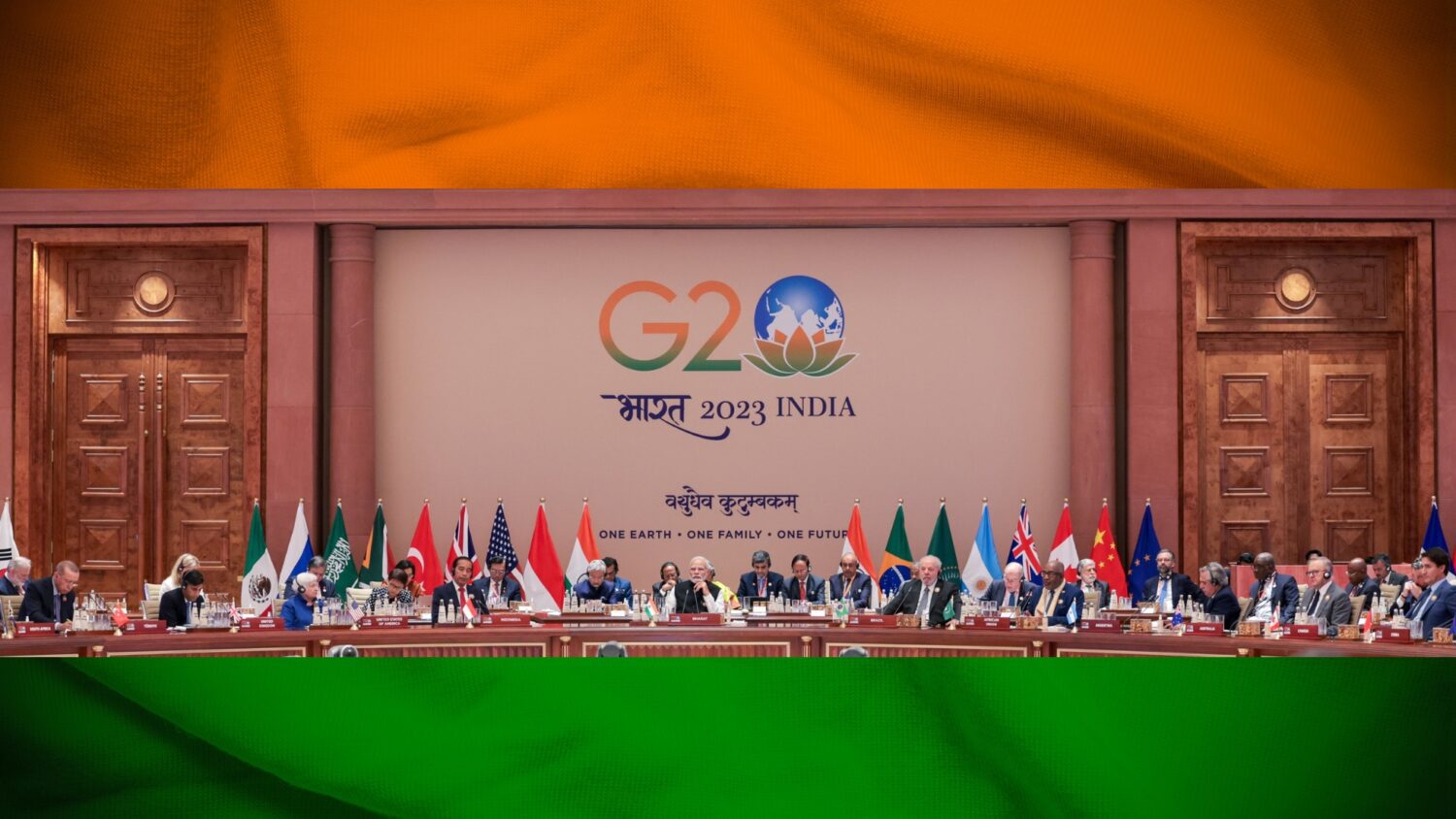Brussels, city of art and culture: Museums and unmissable events
Brussels, the capital of Belgium, is a city bursting with art and culture. With its many museums and events, it attracts millions of visitors from all over the world every year. In this article, we will explore some of the must-see museums and events in Brussels.
One of the most famous museums in Brussels is the Royal Museum of Fine Arts of Belgium. This museum houses an impressive collection of art ranging from the Middle Ages to the 20th century. You can admire works by great masters such as Bruegel, Rubens, Magritte and Delvaux. The museum is also known for its contemporary art collection, which features works by Belgian and international artists.
Another must-see museum is the Magritte Museum. Dedicated to the Belgian surrealist artist René Magritte, this museum exhibits a wide variety of works by the artist, ranging from his famous paintings to his drawings and collages. Visitors can immerse themselves in the strange and fascinating world of Magritte, and discover the different phases of his work.
For comic book fans, the Belgian Comic Strip Center is a must. Located in a magnificent Art Nouveau building, this museum traces the history of Belgian comics, which are renowned throughout the world. Iconic characters such as Tintin, Lucky Luke and the Smurfs are featured there. The museum also offers temporary exhibitions dedicated to contemporary comic book artists.
Besides museums, Brussels also offers many cultural events throughout the year. One of the most famous is the Comic Strip Festival, which takes place every year in September. During this festival, the city transforms into a huge playground for comic book fans, with exhibitions, signings, conferences and shows. This is the ideal opportunity to dive into the world of comics and meet renowned artists.
Another unmissable event is the Brussels Summer Festival. Throughout the month of July, the city transforms into a giant stage where concerts, dance and theater shows take place in the open air. The streets and squares of Brussels fill with spectators who come to enjoy this festive and cultural atmosphere.
Finally, Brussels is also known for its dynamic contemporary art scene. Many Belgian and international artists have taken up residence in the city, attracted by its creative and cosmopolitan atmosphere. The art galleries of Brussels offer a wide variety of exhibitions, ranging from contemporary art to urban art. It is possible to discover new talents and explore current artistic trends by visiting these galleries.
In conclusion, Brussels is truly a city of art and culture. With its renowned museums and unmissable events, it offers visitors a rich and varied cultural experience. Whether you are a fan of classical art, comics or contemporary art, you will certainly find something to satisfy your curiosity in Brussels. So, don’t hesitate to head to this fascinating city and get inspired by its vibrant art scene.
Originally published at Almouwatin.com














